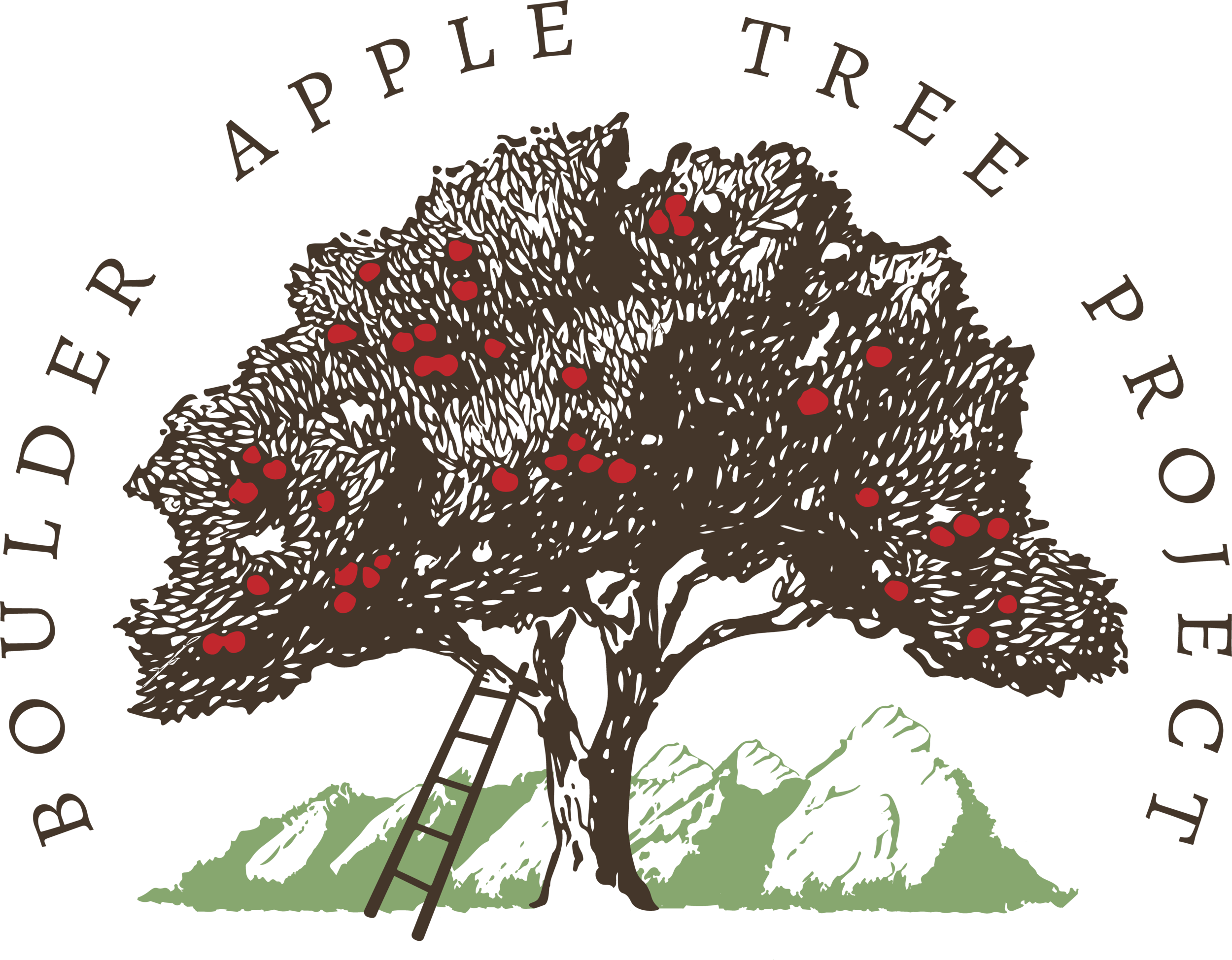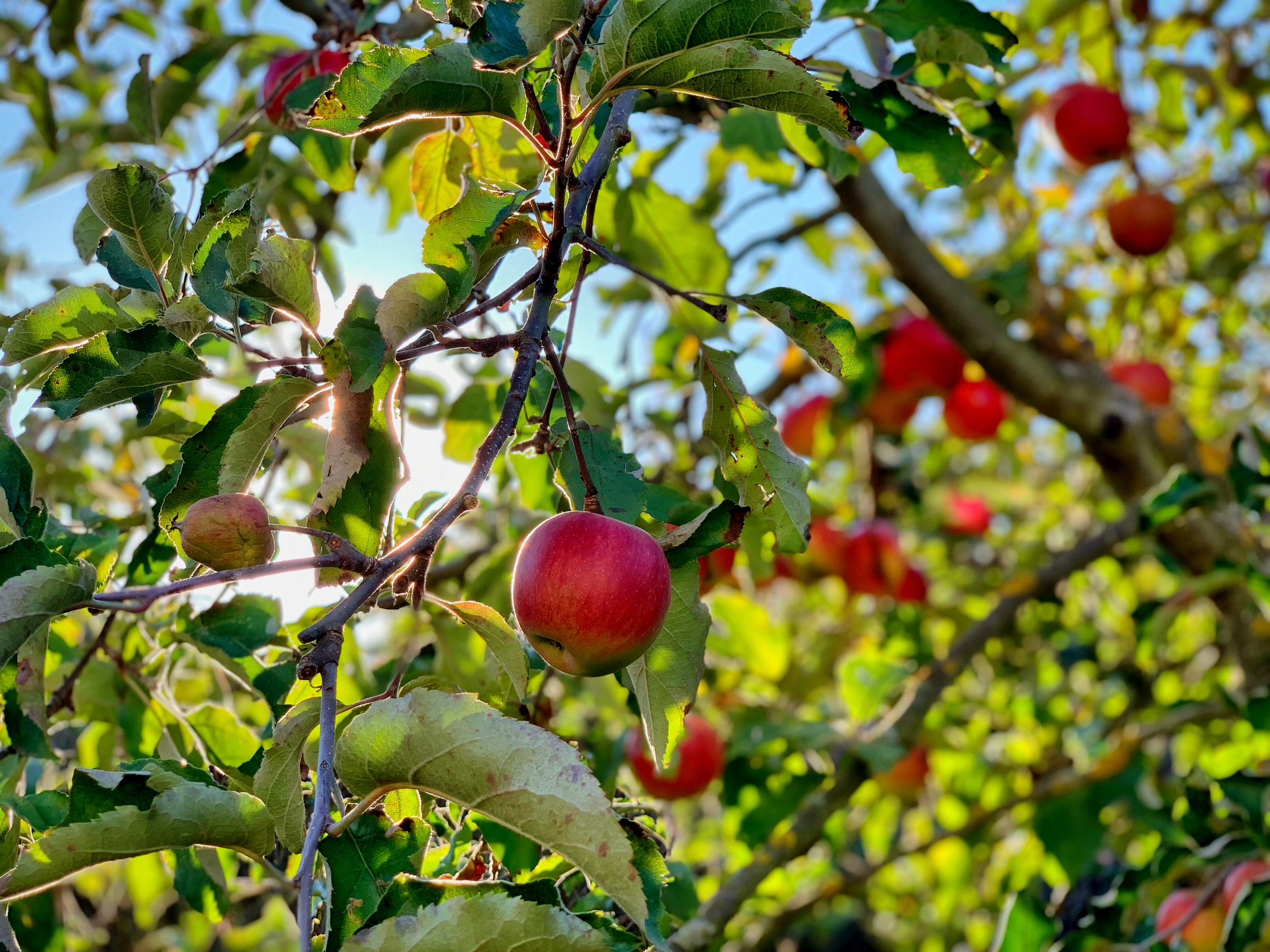Corwin and Suding Receive NSF-IUSE Grant to Kickstart POP-CURE course
In October of 2018 Lisa Corwin and Katie Suding received a National Science Foundation Improving Undergraduate STEM Education Grant aimed at engaging students as active citizens and scientists within their community. The grant will support the course-based undergraduate research experiences (CUREs), learn more about CUREs HERE, and will also enable Corwin, Suding, and their graduate students to study the effects of place-based CUREs on students’ community engagement and plant appreciation.
Award Abstract
Combining Course-based Undergraduate Research Experiences with Place-based Learning to Increase Student Retention, Civic Engagement, and Self-efficacy
Promoting students' science learning and retaining students in STEM fields requires educational experiences that help them grow as engaged and ethical citizens who are also innovative scientists. This project aims to provide these educational experiences by engaging students in scientific research that intersects with issues of interest to the local community. Specifically, this project will involve university and community college students in researching a locally important biological resource, Boulder's historic apple trees. In the mid-1800s, there were thousands of diverse apple varieties in the United States. When the apple industry settled on a handful of varieties to promote worldwide, the rest of the varieties were forgotten. Across Boulder County today, these forgotten apple trees are still growing in residents' yards or in public parks. However, they are beginning to die, and the community is at risk of losing this important ecological, genetic, and historic resource. This project will engage students in research projects to study and preserve historic apple trees, enabling the students to use their scientific knowledge to serve their community. This project has the potential to increase the engagement of tomorrow's scientists in civic action that will serve citizens of the United States.
This project will develop and study the impact of course-based undergraduate research experiences that incorporate place-based learning, thus creating community-relevant research opportunities for students. Students will engage in research projects to map the location of apple trees in Boulder County, characterize how these trees interact with the local ecology, identify which genetic varieties are currently growing, and graft the trees to preserve these genetic and cultural resources. It is expected that participation in this research will help students develop a sense of belonging to their local communities and to their scientific communities, will increase their civic engagement and civic efficacy, and will improve institution-community relationships. Both the scientific and educational goals of this project will be assessed to track progress, discover the processes by which students develop into civically-minded scientists, and prepare this model for broad dissemination. Among the broader impacts of this program are its potential to increase the civic engagement of future scientists, improve students' sense of belonging to and persistence in STEM, and enhance how institutions of higher education can serve the broader good.

